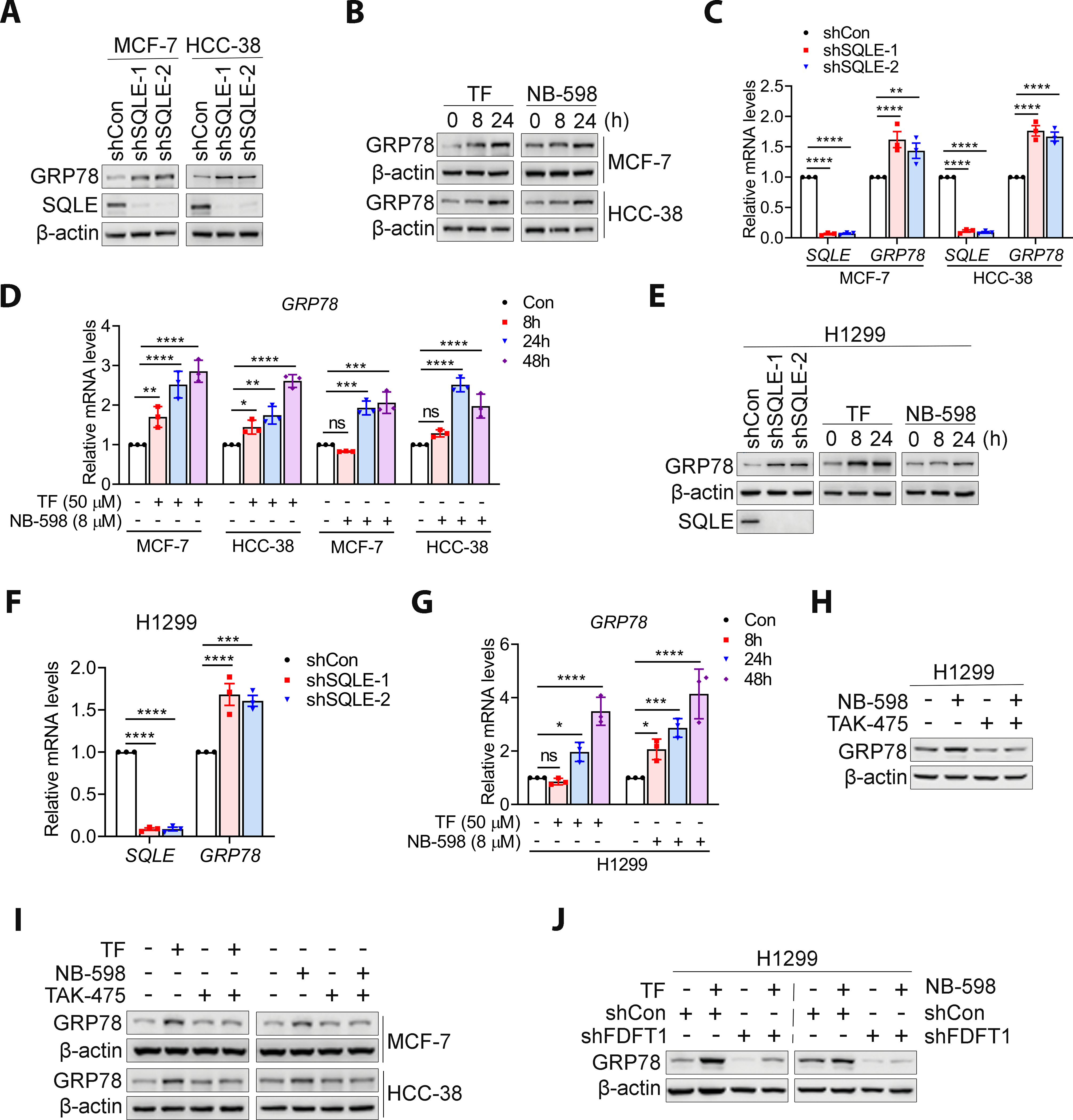Figure 6. SQLE inhibition-induced ER stress was dependent on squalene.

A, SQLE knockdown increased GRP78 expression in MCF-7 and HCC-38 cells. B, SQLE inhibition by TF (50 μM) or NB-598 (8 μM) increased GRP78 expression, as detected by western blotting. C, SQLE knockdown increased GRP78 transcript levels in MCF-7 and HCC-38 cells, as detected by qRT-PCR. D, SQLE inhibition by TF (50 μM) or NB-598 (8 μM) increased GRP78 mRNA levels in MCF-7 and HCC-38 cells. E and F, SQLE inhibition by shRNA knockdown or TF (50 μM) and NB-598 (8 μM) triggered GRP78 protein and transcript expression in H1299 cells. G, SQLE inhibition by TF (50 μM) or NB-598 (8 μM) increased GRP78 transcript levels in H1299 cells, as detected by qRT-PCR. H-J, Squalene was required for SQLE inhibition-induced GRP78 expression. Squalene depletion by the 10 μM TAK-475 inhibitor for 48 h or FDFT1 knockdown abrogated the effects of TF (50 μM) and NB-598 (8 μM) on GRP78 expression in BC and H1299 cells. Data are presented as the mean ± SD. All data are normalized with shCon or Con group. Statistical significance was evaluated with one-way ANOVA (C, D, F and G) and Bonferroni’s post-hoc test. *, P < 0.05; **, P < 0.01; ***, P < 0.001; ****, P < 0.0001; ns, not significant.
